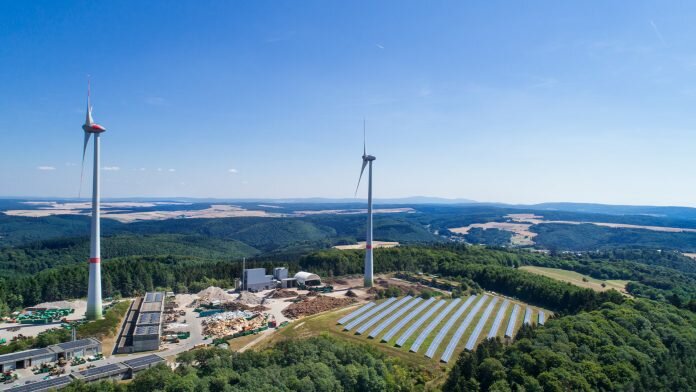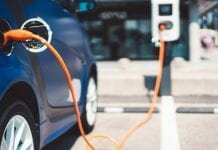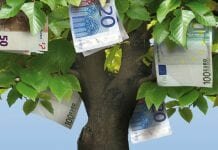
A new report issued by the European Court of Auditors says the EU must take ‘significant action’ to boost its wind and solar power generation.
Energy generation using wind rose by 400% in the EU between 2005 and 2017, while solar energy generation rose by 8,000% in the same period; however, since 2014 growth has slowed in the wind and solar power sectors. The auditors’ report examined Member States’ progress towards the EU target of generating 20% of its energy from renewable sources by 2020, as well as the efficacy of EU financial support for renewable energy uptake initiatives.
The auditors found that early support programmes for renewable energy generation had been ‘over-subsidised’, leading to a rise in electricity prices and in some cases unnecessary increases in state deficits. Once Member States began to reduce state support for wind and solar power after 2014 with the aim of alleviating the financial pressure on national budgets and consumers, energy providers and investors suffered from a loss of confidence; and the resulting market slowdown was more drastic than it could have been had early allocation of state aid in the sector been more measured.
George Pufan, the Member of the European Court of Auditors responsible for the report, said: “Member States incentivised investment in wind and solar power, but the way they reduced support deterred potential investors and slowed deployment. The slowdown in shifting towards renewable electricity implies that we might not meet the EU 2020 target.”
The auditors noted that, while several Member States are well on track to hit their 2020 wind and solar power generation targets, the degree to which other Member States are projected to miss the targets is likely to bring the EU-wide average below the bloc’s stated goal. The report recommended Member States simplify the process of investing in renewable energy and grid infrastructure, as well as implementing auctions to apportion additional renewable energy capabilities and stricter monitoring of energy generation sources.


















